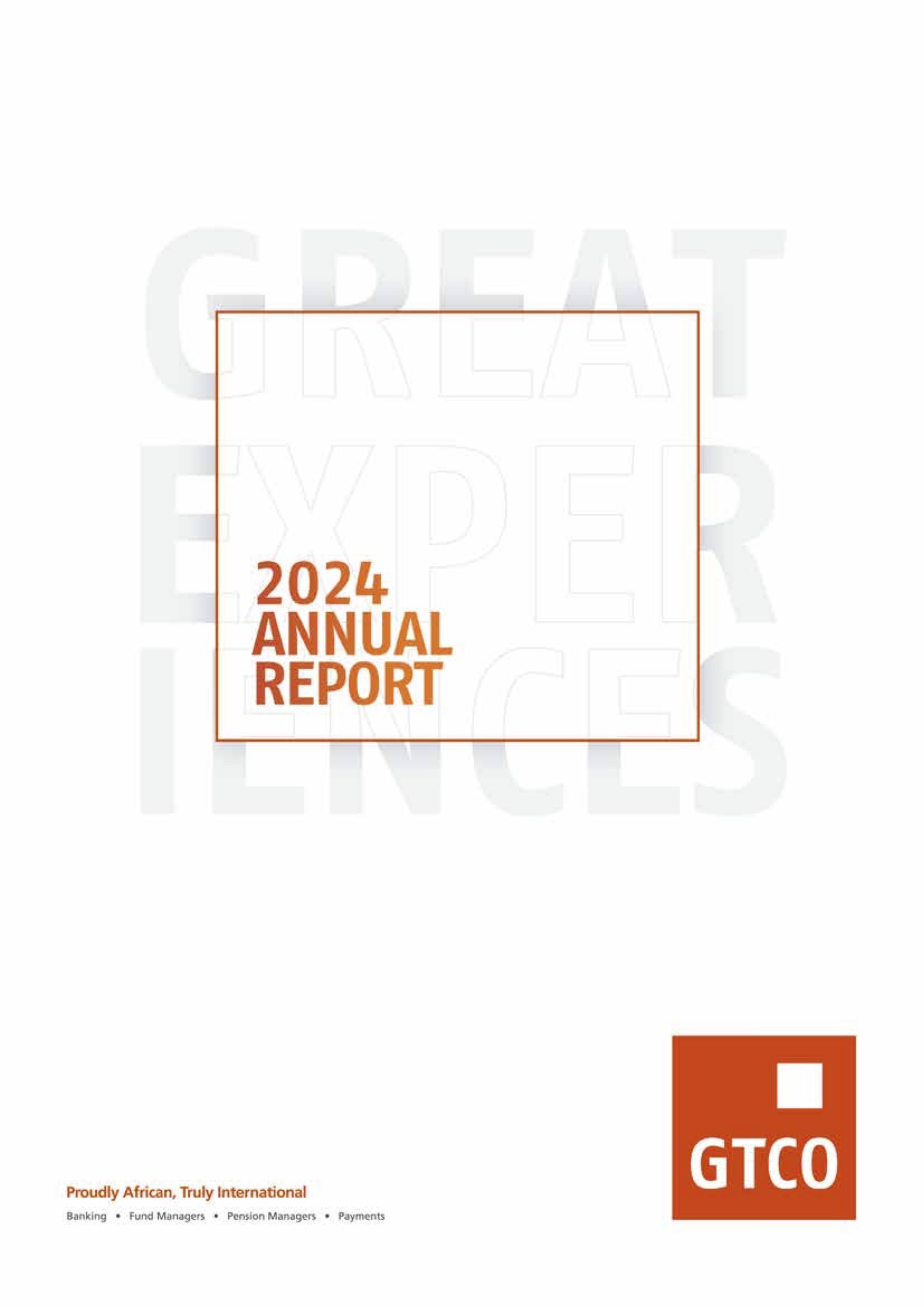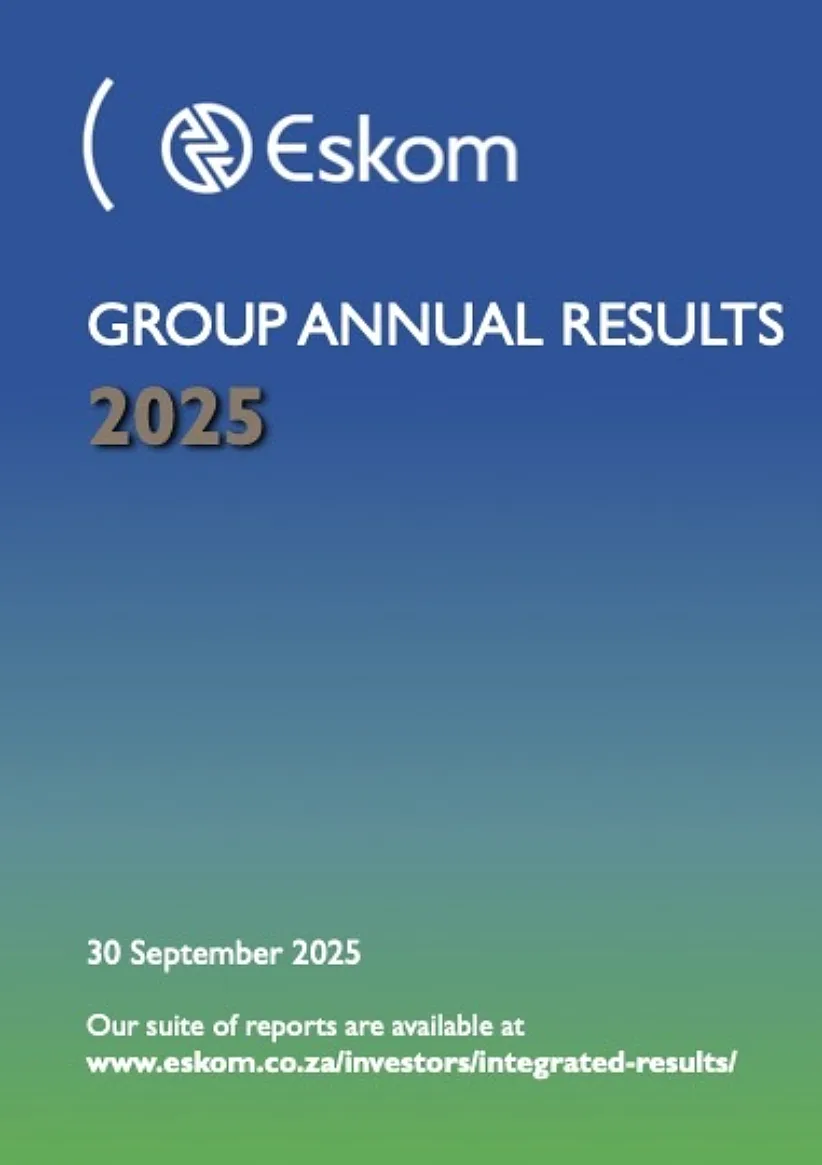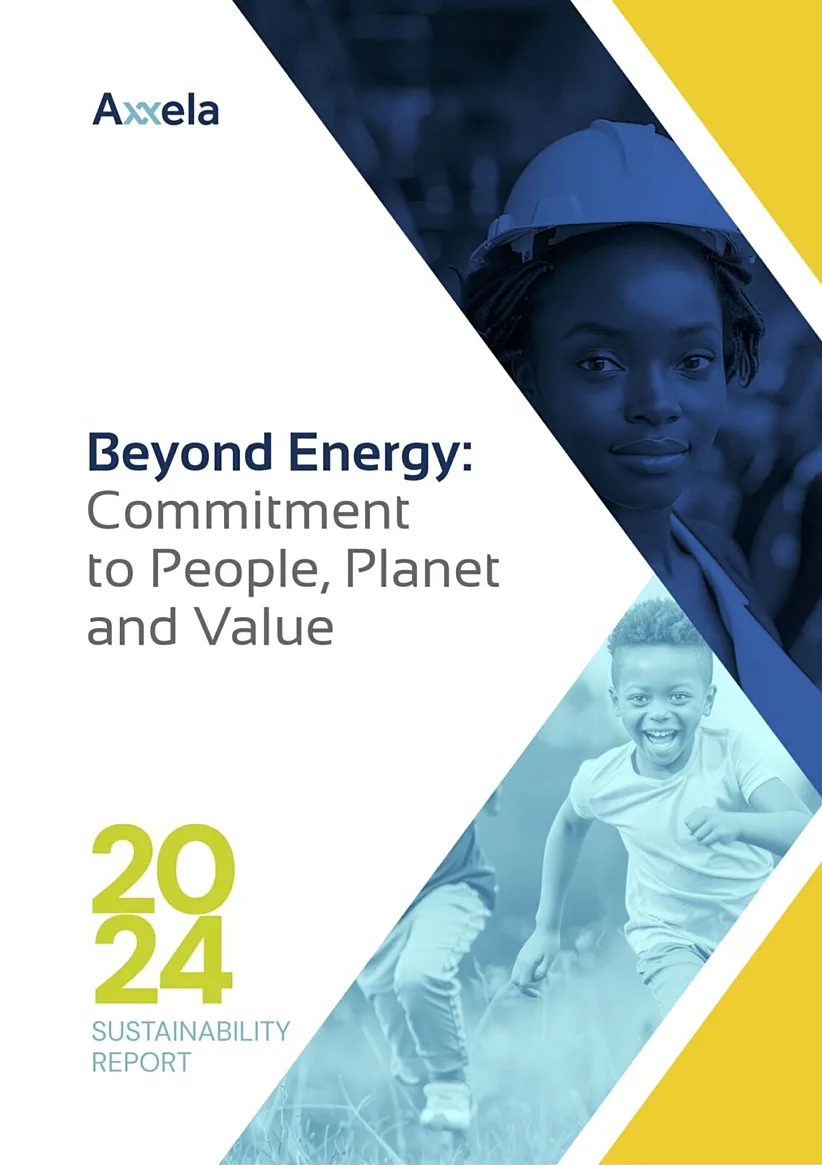Executive Summary: Sustainable Stories Advocates Review of Guaranty Trust Holding Company Plc (GTCO) 2024 Sustainability Report
Guaranty Trust Holding Company Plc (GTCO) presents a focused and comprehensive approach to sustainability in its 2024 abridged report, aligning its initiatives with key United Nations Sustainable Development Goals (SDGs) such as education, health and well-being, financial inclusion, gender equality, affordable clean energy, and sustainable communities. The company’s impact is primarily concentrated in Nigeria, where it supports rural school infrastructure, health awareness campaigns, digital financial literacy, and solar energy installations across its banking network. GTCO’s governance framework is robust, featuring board-level ESG oversight, adherence to Nigerian Sustainable Banking Principles, IFC Performance Standards, and updated governance charters aligned with regulatory expectations. The bank’s ESG efforts are managed through dedicated committees, ensuring integration of environmental and social risk management policies into its core operations.
GTCO’s sustainability interventions span four pillars: marketplace, workplace, community, and environment. Highlights include the onboarding of over 963,000 new accounts in underserved areas, workforce gender parity with 51% female employees and 38% female board representation, and environmental initiatives such as solar-powered ATMs and waste reduction partnerships. Key metrics track progress on greenhouse gas emissions, waste reduction, renewable energy deployment, and ESG training. Looking ahead, GTCO plans to expand renewable energy coverage, enhance digital financial services, scale women’s empowerment programmes, and fully implement IFRS sustainability reporting standards. The company’s materiality assessment prioritizes access and affordability, labour practices, data privacy, product lifecycle impacts, business ethics, and systemic risk management, all embedded in its strategic and operational frameworks. GTCO’s structured risk management approach addresses climate transition, credit, and reputational risks, positioning the bank as a proactive player in Nigeria’s sustainable finance landscape.
1. SDG ALIGNMENT
GTCO aligns its sustainability initiatives with the United Nations Sustainable Development Goals (SDGs), focusing particularly on:
- Education
- Health and Well-being
- Financial Inclusion
- Gender Equality
- Affordable and Clean Energy
- Sustainable Communities
These SDGs are reflected through programmes such as rural school infrastructure upgrades, breast cancer awareness campaigns, autism advocacy, digital financial literacy for youth, and solar energy installations across banking locations.
GTCO’s impacts are recorded primarily in Nigeria, with aspirations to replicate these efforts across other jurisdictions as its ecosystem and regulatory environments evolve.
2. ESG MANAGEMENT
GTCO’s ESG governance is structured within a multi-tiered framework:
- Oversight: The Board of Directors is responsible for ESG oversight and policy direction.
- Frameworks Referenced: Nigerian Sustainable Banking Principles (NSBP), IFC Performance Standards, and internal ESRM (Environmental and Social Risk Management) and Climate Risk policies.
- Committees: ESG and sustainability issues are managed through the Board Risk Management and Investment Committee and the Board Audit Committee, reconstituted in line with CBN guidelines.
- Governance Documents: All governance charters were reviewed in 2024 to align with the latest regulatory expectations (CBN, SEC, NCCG).
3. INITIAL AREAS OF IMPACT
GTCO’s key sustainability interventions fall under four pillars: Marketplace, Workplace, Community, and Environment:
- Marketplace: Supported agriculture, education, manufacturing, power, and SMEs. Opened over 963,000 new accounts under the CBN SANEF inclusion initiative.
- Workplace: Over 3,400 staff trained, with 51% female employees and 38% female board representation across subsidiaries.
- Community: School renovations, disaster relief efforts, and support for autism and cancer awareness.
- Environment: Transition to solar power in branches (3.7% ATMs and 2.58% of buildings), waste recycling partnerships, and paper reduction via digital workflows.
4. METRICS FOR DEFINITION
GTCO tracks its ESG performance using the following metrics:
- GHG Emission Reduction Target: 20% over five years
- Non-recyclable Waste Reduction Target: 30% reduction
- Solar-powered ATMs: 3.7% of total
- Renewable-powered facilities: 2.58%
- Digital account onboarding: 963,076 new accounts in underserved communities
- Female Representation: 51% workforce, 38% on subsidiary boards
- ESRM Training: Over 2,558 employees trained across 5 sessions
- CBN Reporting: Biannual reports on E&S compliance
5. AREAS OF FOCUS
Future priorities for GTCO’s sustainability agenda include:
- Expanding renewable energy coverage across branches and ATMs
- Broadening access to financial services through digital platforms (GTWorld, USSD, Internet Banking)
- Scaling women empowerment initiatives, including the IFC & Goldman Sachs 10,000 Women programme
- Ongoing ESRM integration and full implementation of IFRS S1 & S2 for sustainability disclosures
6. MATERIALITY CONCEPTS
GTCO’s ESG materiality assessment highlights six key priorities:
- Access and Affordability
- Labour Practices
- Data Security and Privacy
- Lifecycle Impact of Products
- Business Ethics
- Systemic Risk Management
These are embedded in policies and operations and reflect GTCO’s balanced approach to risk, opportunity, and stakeholder expectations.
7. SUSTAINABILITY RISK MANAGEMENT CONCEPTS
GTCO adopts a structured risk management approach:
- Policies Used: ESRM Policy, Climate Risk Policy
- Governance: Monthly internal audits by SYSCON; quarterly reporting to Board; biannual reporting to the Central Bank of Nigeria.
- Identified Risks:
- Transition risks linked to carbon-intensive operations
- Climate-related credit risks
- Reputational risks tied to ESG non-compliance
GTCO benchmarks its climate risk management against global standards while financing the low-carbon transition.
8. SUSTAINABILITY STRATEGY CONCEPTS AND MANAGEMENT
GTCO’s sustainability strategy is structured around integration, transparency, and long-term value creation. Its strategic execution is outlined as follows:
- Embeds NSBP and IFC Performance Standards into all banking operations
- Aligns sustainability reporting with IFRS S1 & S2 standards (implementation underway)
- Drives green infrastructure transformation via solar and energy-efficient systems
- Deploys capacity building, with mandatory ESG training for new hires
- Reports ESG progress through CBN and internal dashboards quarterly and biannually
- Maintains inclusive finance strategies targeting underserved populations
GTCO’s 2024 abridged sustainability report presents a structured, institution-wide ESG strategy with measurable outcomes across key sectors. It aligns with national and global standards, sets specific targets, and documents tangible efforts to integrate environmental and social impact into its business model.
The Bank continues to advance toward broader adoption of sustainability disclosure frameworks and risk management practices across its footprint.





